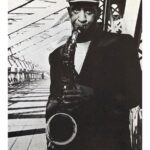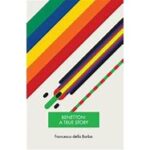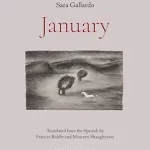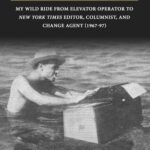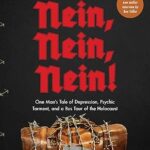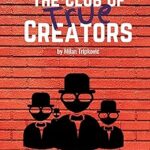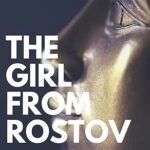(Reviewed by JD Jung)

“Everything adds up. Every second, every lie, every breath. In the end, it all catches up with you.”
“Even if you have little to do with it. Family, for instance.”
That’s what young Maya had to learn. Too many unanswered questions haunted her into adulthood. With the death of her uncle, she needed answers. Unfortunately, this would bring her friend Samar into the search and he was to find the truth of his own past.
Maya’s family came to the Soviet Union from Turkey. Orphaned at a young age, she was raised by her uncle, Majid. He came to the USSR when he was ten years old. The family lived in the Russian crime capital of Rostov, filled with slums and brothels.
Though they came from a family of pickpockets. Majid was to graduate to more ruthless crimes via the Turkish mafia. It would prove to be quite profitable but would affect his entire family.
However, when the political structure in the Soviet Union started to change, politicians and police alike refused to be victims of his extortion. In order to make money it was necessary for him to leave Russia. He felt that he must take Maya with him, not just out of love, but also out of guilt.
A friend who worked with the KGB found a place for them in India. With the disbandment of the KGB, Majid found more lucrative ways to make money, like selling illegal arms to the highest bidder.
The Girl from Rostov is a bloody crime thriller filled with espionage but also an emotional story with a touch of romance. Though still a historical crime novel, there are so many themes to the story such as learning about oneself, living in a new and distinct culture, and dealing with the issue of loyalty. The story starts out in the USSR but mostly takes place in India. This contrast adds to the plot, and both countries are colorfully described. It would have been easy for the author to fall into the trap of overly romanticizing the story. Instead, he takes a realistic approach in the relationship between Maya and Samar.
It’s not only the actual story that I found intriguing, but also the characters involved. They seem real with all of their flaws and are illustrated in detail. I find this rare for a book that is under 150 pages.
The Girl from Rostov is a must-read for those who enjoy fast-paced crime fiction. You won’t be disappointed with this one.


